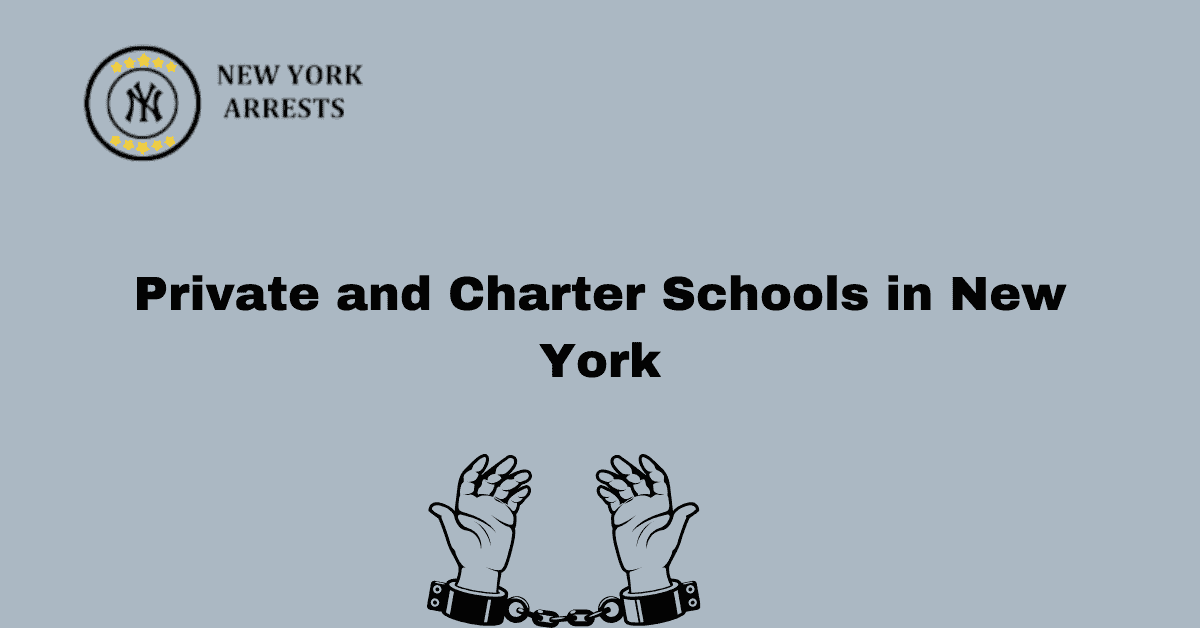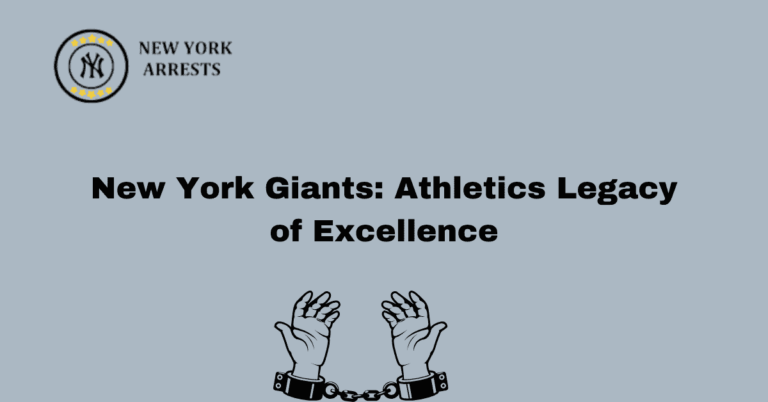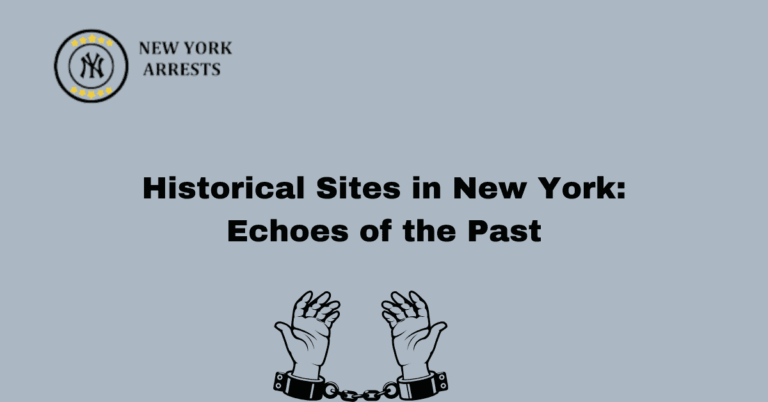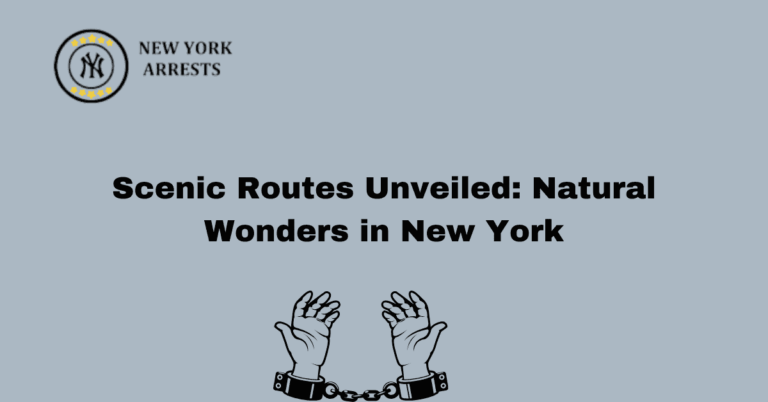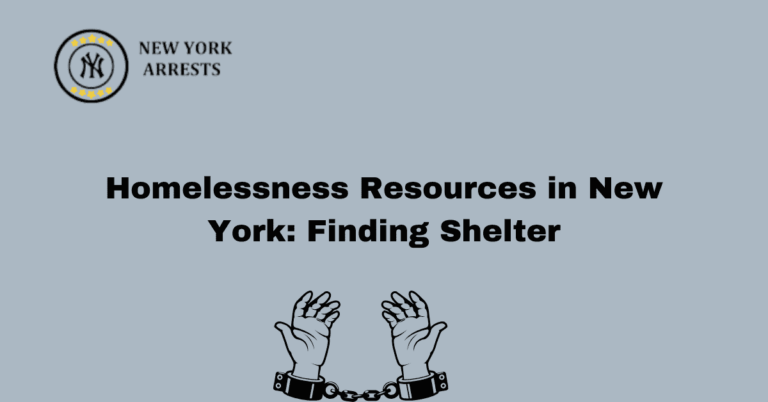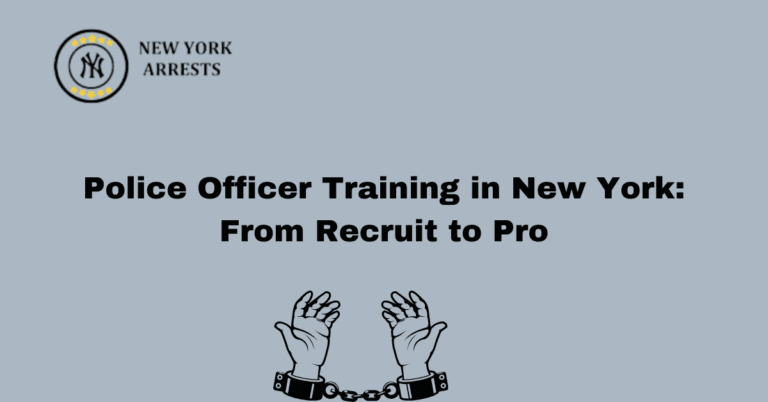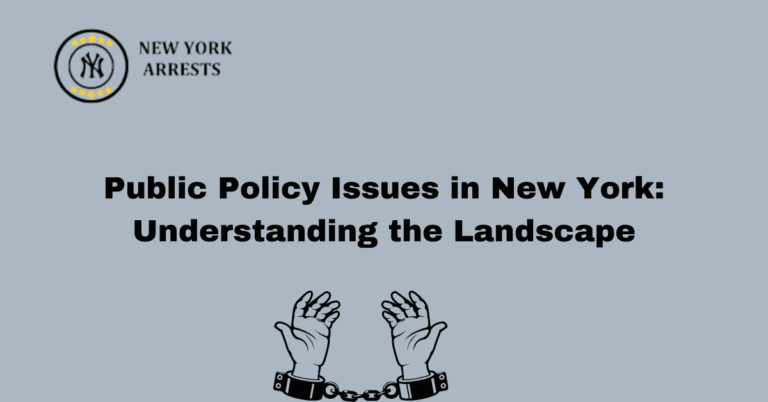Private and Charter Schools in New York
In New York, the landscape of education is diverse, offering families a range of options beyond traditional public schools. Two prominent alternatives are private and charter schools. While they share similarities, such as providing alternatives to public education, they also have distinct characteristics that shape the educational experience for students.
Private and charter schools play a significant role in the education system of New York. Private schools are independently funded institutions that operate outside of the public school system, while charter schools are publicly funded but operate autonomously. Understanding the differences between these two types of schools is essential for parents and students navigating the educational landscape in New York.
Differences Between Private and Charter Schools
Private schools typically rely on tuition fees, donations, and endowments for funding, whereas charter schools receive public funding but have more autonomy in their operations. Admission to private schools is often based on factors like academic performance, interviews, and recommendations, while charter schools usually admit students through a lottery system. Additionally, private schools often have a traditional curriculum with a focus on academic rigor, while charter schools may have more flexibility in their approach, including thematic or project-based learning.
Advantages of Private Schools
Private schools offer several advantages, including smaller class sizes, which allow for more individualized attention and personalized instruction. They often have specialized curricula, such as STEM programs or arts-focused education, catering to specific interests and talents. Furthermore, private schools often foster a strong sense of community among students, parents, and faculty, creating a supportive environment for learning and growth.
Advantages of Charter Schools
Charter schools are known for their innovative approaches to education, implementing new teaching methods and curriculum designs. They have the flexibility to adapt their programs to meet the needs of diverse student populations and may offer unique opportunities for hands-on learning or career preparation. Many charter schools also focus on specific themes or subjects, such as technology, environmental science, or performing arts, providing students with specialized experiences not available in traditional public schools.
Challenges Faced by Private Schools
Despite their advantages, private schools face challenges such as the high cost of tuition, which can limit access to families with lower incomes. They may also struggle with issues of diversity and inclusion, as tuition costs and admission requirements can create barriers for students from marginalized communities. Additionally, private schools may have limited resources compared to public schools, impacting their ability to provide comprehensive support services or extracurricular activities.
Challenges Faced by Charter Schools
Charter schools face their own set of challenges, including concerns about accountability and performance. While they have more autonomy than traditional public schools, they are still accountable to state and local education agencies for meeting academic standards and achieving student outcomes. Charter schools also face funding uncertainties, as their budgets are tied to enrollment numbers and may fluctuate from year to year. Additionally, charter schools may experience higher rates of staff turnover due to the demands of the job and the pressures of maintaining academic success.
Impact on Education System
Both private and charter schools contribute to the overall diversity and competitiveness of the education system in New York. They provide alternatives to traditional public schools, offering parents and students choices that align with their values, priorities, and educational goals. Additionally, private and charter schools play a role in addressing educational inequality by providing opportunities for students from diverse backgrounds to access high-quality education options. However, their proliferation also raises questions about equity and fairness in education funding and policy.
Case Studies
Several private and charter schools in New York exemplify the diversity and innovation within the education sector. From elite private academies to small, community-based charter schools, these institutions showcase the range of options available to families in the state. Examples include prestigious private schools like Dalton School and Phillips Exeter Academy, as well as innovative charter schools like Success Academy and KIPP NYC.
FAQs
What is the difference between private and charter schools?
Private schools are independently funded and managed, while charter schools are funded by public tax dollars but operate independently of the traditional public school system.
How do private schools in New York maintain their high standards of education?
Private schools in New York often have rigorous admission processes, highly qualified teachers, and smaller class sizes, which allow for more individualized attention and a focus on academic excellence.
Are private schools in New York required to follow state curriculum standards?
No, private schools have the flexibility to design their own curriculum and teaching methods. However, many private schools choose to align with state standards to ensure their students receive a high-quality education.
What are the advantages of attending a private school in New York?
Private schools often offer a wide range of extracurricular activities, smaller class sizes, access to specialized programs, and a strong sense of community. They also tend to have high academic standards and a focus on preparing students for college and future success.
What is the application process for private schools in New York?
The application process for private schools in New York typically involves submitting an application form, academic records, teacher recommendations, and often an interview or entrance exam. Some schools may also require a financial aid application.
What is the cost of tuition in private schools in New York?
Tuition fees vary depending on the school and grade level. On average, private school tuition in New York can range from several thousand dollars to tens of thousands of dollars per year. Financial aid and scholarships may be available to eligible students.

